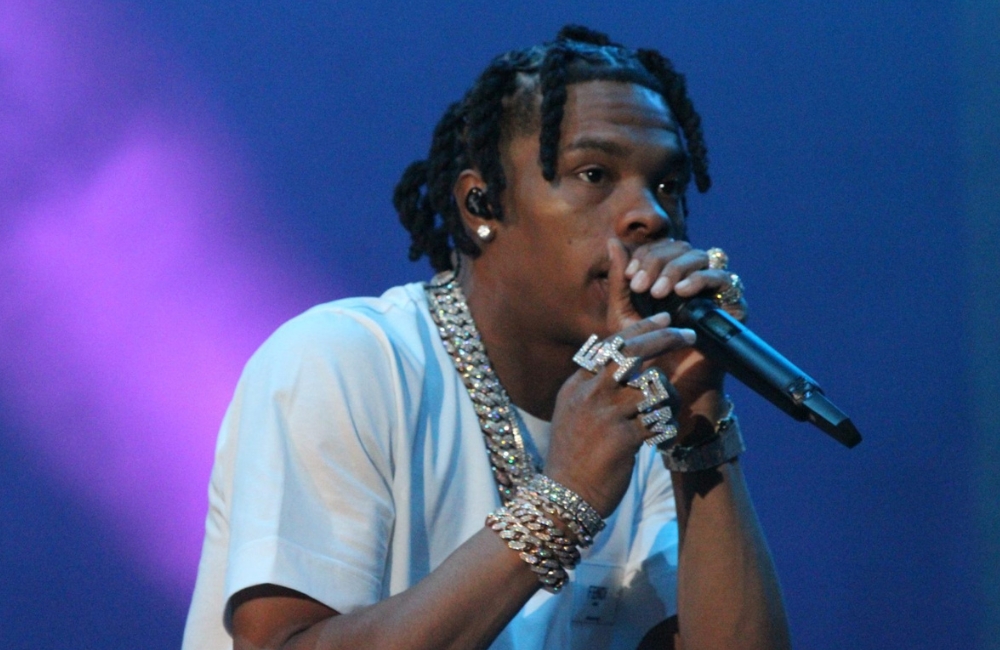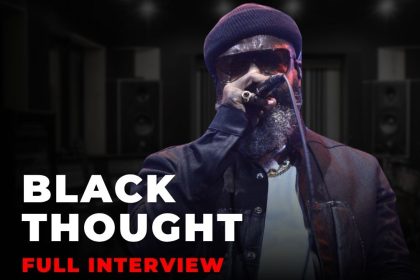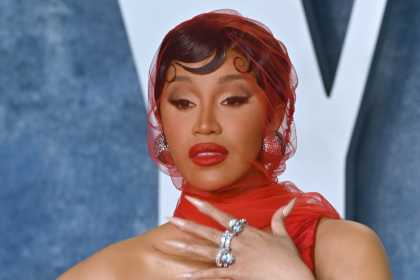In a surprise move during a Miami Heat game on December 8, 2023, Lil Baby unveiled his latest musical offering Touchdown. The track, which maintains the artist’s signature hard-hitting delivery and intricate wordplay, has generated significant discussion across social media platforms and music circles. The release strategy, timed perfectly with the NBA game’s high-energy atmosphere, demonstrates Lil Baby’s keen understanding of maximizing audience impact. The decision to premiere the track during a major sporting event aligns with the artist’s history of strategic releases, as sports venues have increasingly become crucial platforms for music debuts in the digital age.
Breaking down the controversy
At the heart of the growing discourse lies a single line that has polarized listeners: “Real gangster, I ain’t rocking no nail polish.” This declaration arrives at a time when the hip-hop landscape is experiencing unprecedented evolution in terms of fashion expression and gender norms. The statement has prompted extensive debate about traditional masculinity’s place in modern hip-hop culture. Industry observers note that this controversy reflects deeper tensions within the genre, as artists navigate between maintaining authenticity to hip-hop’s roots while acknowledging its evolving social dynamics.
The timing of this release coincides with a broader cultural shift in fashion and self-expression, particularly within the music industry. Many contemporary artists have embraced traditionally feminine fashion choices, including nail polish, jewelry, and gender-neutral clothing. This evolution has led to both celebration and resistance within the hip-hop community, highlighting the complex relationship between traditional hip-hop culture and modern expressions of identity.
Cultural impact and industry response
The release of Touchdown has initiated broader conversations about artistic expression in hip-hop. The track’s controversial elements have resonated differently across various demographics, with younger audiences generally pushing back against traditional gender-specific fashion restrictions. The generational divide becomes particularly apparent in online discussions, where older fans often defend traditional hip-hop aesthetics while newer listeners advocate for more inclusive expression.
The industry response has been equally complex, with music executives, producers, and artists carefully navigating the discourse. Marketing teams have noted the track’s ability to generate organic engagement, while cultural critics examine its implications for hip-hop’s evolution. The controversy has also influenced radio play and playlist inclusion decisions, demonstrating how cultural debates can impact commercial success.

Social media dynamics
The digital sphere has become the primary battleground for discussions surrounding Touchdown. Instagram comments sections have transformed into debate forums, where fans dissect not only the musical elements but also the broader implications of Lil Baby’s artistic choices. This online discourse has expanded beyond the original context, touching on themes of artistic authenticity, cultural progression, and the role of traditional masculinity in contemporary music.
Platform analytics reveal unprecedented engagement levels, with millions of social media users participating in the discussion. The track has spawned numerous TikTok trends, Twitter debates, and Instagram reels, each offering different perspectives on the controversy. This digital footprint has amplified the song’s impact far beyond its musical merits, creating a cultural moment that reflects broader societal discussions.
The broader context
Recent social media activity between Lil Baby and Offset has added another layer of complexity to the situation. While speculation about potential conflict between the two artists circulated widely, industry insiders, including DJ Akademiks, have dismissed these rumors as unfounded. This situation exemplifies how quickly narratives can develop and spread within the hip-hop community, often outpacing the actual facts.
The controversy surrounding Touchdown exists within a larger historical context of hip-hop’s relationship with masculinity and fashion. From the genre’s early days to its current global influence, artists have consistently challenged and redefined cultural norms. The current debate echoes previous discussions about hip-hop fashion evolution, from baggy clothes to skinny jeans, each transition marking significant cultural shifts within the community.
Future implications
The controversy surrounding Touchdown may signal a pivotal moment in hip-hop’s ongoing evolution. As the genre continues to expand its boundaries and challenge conventional norms, artists like Lil Baby find themselves at the intersection of tradition and progress. The track’s reception could influence how future artists approach similar themes in their work.
This moment may also impact upcoming album releases and artistic directions within the industry. Record labels and artists are closely monitoring the public response, understanding that it could shape marketing strategies and creative decisions for years to come. The discussion has prompted many artists to reflect on their own artistic expression and public image, potentially influencing the next wave of hip-hop releases.
The music industry watches closely as this situation unfolds, recognizing its potential impact on future releases and artistic expression. The conversation extends beyond simple fashion choices, touching on fundamental questions about identity, authenticity, and the future direction of hip-hop culture. As streaming platforms continue to reshape music consumption patterns, the way controversial tracks like Touchdown are received and discussed provides valuable insights into the evolving relationship between artists and audiences.
Touchdown represents more than just another single in Lil Baby’s discography; it serves as a catalyst for important discussions about hip-hop’s cultural values. As the genre continues its evolution, the impact of this release will likely resonate well beyond its initial controversy, potentially influencing how future artists navigate the delicate balance between traditional expectations and modern expression.















